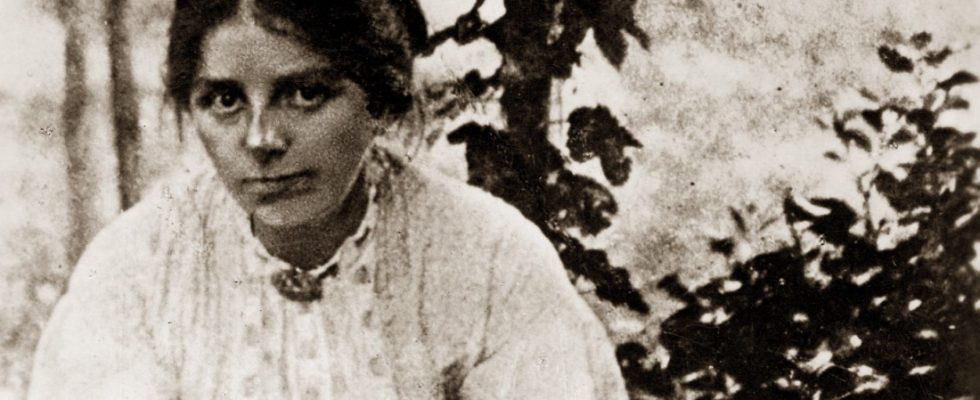The fictional town of Seldwyla is home to people like “Pankraz, the sulky”, Wenzel Strapinski, the “poor little tailor” from “Clothes Make the Man” or Viggi Störteler, businessman and “very inveterate fool”, from “The abused love letters”. At her side: strong women. Against the background of the modernization processes of the 19th century, Gottfried Keller’s two-part cycle of novellas describes these people with their weaknesses of character in such an unillusioned and funny way that the Swiss literary critic exclaimed on Keller’s 200th birthday: “Seldwyla is everywhere”.
Each of the ten stories from the seemingly “sunny and blissful” Seldwyla is also a love story. What Walter Benjamin wrote about the oeuvre of the important realist applies: “All of this man’s books are among the most ambiguous and dangerous products in literature.”
After Keller’s “Poems”, the Bildungsroman “Der Grüne Heinrich” and his last work “Martin Salander”, the audio book publisher Sinus from Kilchberg has now also taken on the “People from Seldwyla” (3 mp3 CDs with a running time of 24 hours 50 minutes). In addition, the audio book comes up with an illustrious cast of speakers. Eva Mattes reads “Mrs. Regel Amrain and her youngest”, Stefan Kaminski “Clothes make the man” and the recently deceased Peter Simonischek unfolds the master novella “Romeo and Juliet in the Village”, the most depressing of the stories gathered.
One thing that cannot be praised enough about Sinus Verlag’s productions is that they come with extensive booklets in which all the texts are printed, supplemented by essays, for which Thomas Sprecher is responsible. He describes Keller as a precise “observer of his time, and at the same time a much-experienced soul dissector ante Freud”.
Sophie Dorothee Gallwitz, opera singer in her first job and cultural journalist in her second job, shaped the image of the Worpswede painter with her book “An Artist – Paula Modersohn-Becker. Letters and Diary Sheets”. Published ten years after the artist’s early death in 1907, the records, which were never intended for the public, show her as a lively, romantic and enthusiastic woman. Research has now painted this picture in a somewhat more sober manner. It was probably also created because Gallwitz only published a selection of his private writings, supplemented by biographical notes.
The audio book published by the publishing house “Hörbuchedition words and music” makes Gallwitz’s work, which can only be obtained secondhand, now available again and thanks to the speakers Sonja Szylowicki and Ilka Sehnert in a very engaging way. Szylowicki reads Modersohn-Becker with a fresh, bright voice. Sehnert, who is responsible for Sophie Dorothee Gallwitz’ classifications, is sobriety personified. The text passages are atmospherically accompanied by music by Debussy (Various streaming services, 398 minutes).
One witnesses an “inside dramatically increased development” (Gallwitz), which begins in 1892 with the first art lessons in London and leads the powerful artist via Berlin and Worpswede to Paris and finally back to the North German artists’ colony, including the marriage crisis. In her last summer she wrote, admonishing herself, to the sculptor Bernhard Hoetger: “I would like to give the color a rushing, full, exciting quality, something powerful.”
For Ulrike Draesner, a poem is “a lasso made of letters”. A year ago, for the 60th birthday of the multi-award-winning author of the band “hell & hörig” appeared with poems from 25 years. Draesner himself read a selection from this for the audio book of the same name, which was published by “der Diwan”-Hörbuchverlag: soft in sound, precise in articulation (1 CD with a playing time of 76 minutes).
The title is even more appropriate here, because with each poem you become more attentive. As a young woman, the native of Munich lived in England for a year, since then she has always put English under German: When she thinks of the word “Bad”, she thinks “bad” with her. Some of her poems, which are often based on autobiography, also have the overall title “vocabulary trainer”. Other themes are nature, animals and again and again “girls”. Even in its darkest moments, they celebrate the language and how “new things come into the world” with it.

